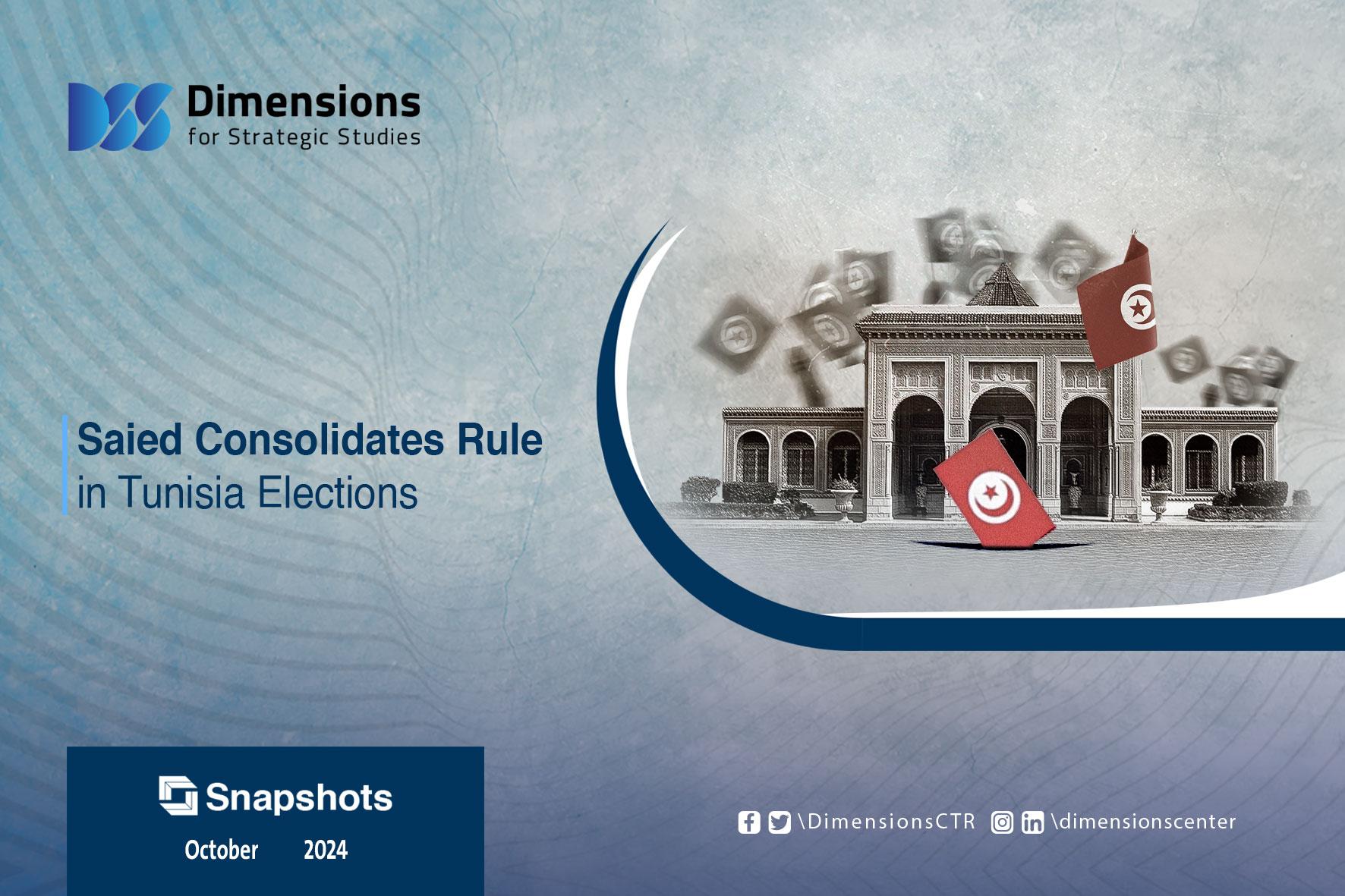
Saied Consolidates Rule in Tunisia Elections
2024-10-113153 view
On October 6, Tunisia’s President Kais Saied won a second term with 90.7 percent of the vote. Yet the election saw just 28.8 percent turnout, a level of popular apathy unprecedented since Tunisia’s democratic experiment began in 2011.
By comparison, some 60 percent of registered voters took part in second-round elections in 2014, won by Béji Caïd Essebsi, and around 55 percent cast ballots in the 2019 second-round elections that delivered Saied his first term in office.
The latest low turnout is consistent with participation in the two plebiscites the country has seen since Saied seized absolute power through “exceptional measures” on 25 July 2021—a 2022 constitutional referendum which saw around 30 percent of the electorate cast ballots, while in the 2022 parliamentary elections just 11 percent took part.
In the run-up to the latest election, Tunisian authorities showed blatant disregard for international standards for fair elections, a trend that was clearly evident in their changes to legal procedures for the electoral process and the way they targeted candidates, by arresting some and rejecting others’ candidacies, and through other measures to ensure that no free competition could take place.
These measures reflect Saied’s drive to use the elections to consolidate his position as Tunisia’s absolute ruler rather than a competitor among other hopefuls, in an echo of similar models in other Arab countries.
Saied has benefited from the lack of international interest in Tunisia except as concerns certain issues—particularly irregular migration to Europe, which the president has turned into a topic of populist rhetoric in Tunisia and a tool for blackmailing EU countries. He has also drawn on support from certain countries, notably Algeria and Italy, which in turn are seeking to strengthen their influence in Tunisia by supporting Saied.
Saied is likely to use his second term to finish what he started on 25 July 2021, consolidating his absolute, totalitarian rule, silencing all opposition, seizing full control of the executive branch, and keeping the legislative branch on a tight leash.
The election represents a watershed moment for the opposition, which over the past three years has faced a security and legal crackdown that echoes those seen under pre-2011 dictator Zine El Abidine Ben Ali. Saied is now set to remain in office for the next five years, unless the opposition is able to find and master new tools, unite its ranks, and overcome its ideological and political divisions.





